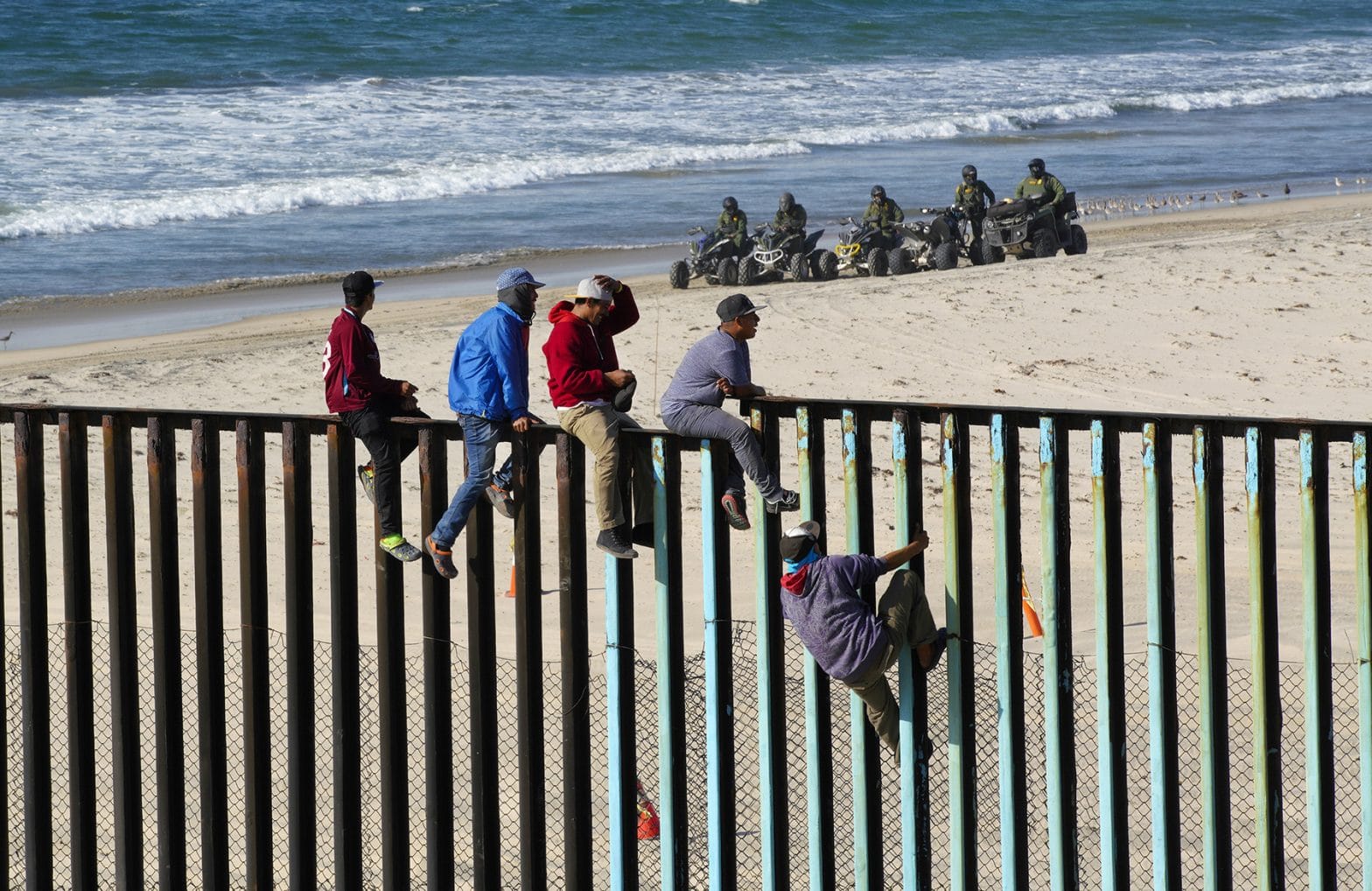U.S. Bears Responsibility in Conditions That Created the ‘Caravan’
COMMENTARY

“For unto us a child is born, unto us a son is given: and the government shall be upon his shoulder.”
Most Christmas seasons, the Bible passage from Isaiah prompts only the best of humanity to come forth with abundant blessings for the baby Jesus.
Not in 2018. For many people, the wrong stateless mother just gave birth to the wrong infant boy, on the wrong side of the U.S.-Mexico border.
The first baby of the migrant caravan, a U.S. citizen because he was born on U.S. soil, has arrived. His mother is a 19-year-old Honduran woman. She crossed into the U.S. near Tijuana, reportedly because she feared for her safety and that of her unborn child.
The birth, breathlessly reported by Fox News, quickly cued up talk of “anchor babies” and twisted interpretations of the Constitution. The debate about birthright citizenship was whipped up by President Donald Trump’s recent and erroneous assertion that he could end it by executive order.
A well-publicized quote from the new mother, that the birth was a “big reward” for her family’s long journey, sealed the outrage.
Here we are again.
For those who study Honduras closely, one of the most frustrating aspects about the public debate is the lack of understanding about why the migrants are coming in the first place.
They’re not motivated by the idea of birthing babies in the U.S.
Most Americans have a basic understanding of why the people are willing to walk or hitchhike a route of more than 1,600 miles and endure any number of threats of physical harm along the way, all for the very slim chance that they might qualify for asylum.
They’re fleeing poverty and violence, we’re told. Gangs and drugs have corrupted their society, making a peaceful and secure existence impossible for many. But what led up to the dire circumstances, and what role the U.S. played in the situation — that’s rarely addressed.
Until that context is better understood, the likelihood of generating public and political support for long-term solutions will be limited.
The current crisis traces back to 2009 when a coup removed the democratically elected president Manuel Zelaya, who was seized in his bed by the military and exiled.
Guess who demurred on calling it a military coup? The Obama administration, which hesitated because doing so would have required cutting off U.S. aid. Rather, Obama and then Secretary of State Hillary Clinton waited it out, hoping that new elections would restore democracy.
That never happened.
Rather, the privatizing of utilities ensued, bringing on dramatic increases in costs, 100 percent in two years by some reports. And the new government ushered in foreign businesses, efforts that too often have meant land grabs that stole the livelihood of rural farmers and stirred fears of pending environmental calamities.
Imagine living in country where a trip to the public hospital means finding money to purchase the medicine, thread for sutures and other basic medical supplies that might be needed for your care.
Two-thirds of Hondurans live in poverty.
Corruption and siphoning of international aid by government officials, became rampant. This, as the U.S. increased funding, often meant to combat the drug trade and sustain our military stationed there.
In late November, the Honduran president’s younger brother was indicted by U.S. authorities for his role in trafficking large shipments of cocaine from Colombia. He’s alleged to have used bribes for security details and government contracts to launder the profits.
Impunity. That’s the word most often used to describe how the government, including police, function in Honduras. Mass protests do occur, but at great risk. Amnesty International and other watchdog groups have documented beatings and murders of activists.
Until more North Americans fully understand why the people are so desperate, and how the U.S. efforts have not been has not always been on the side of the Honduran people, there is little hope for change.
Far too many Americans condescendingly speak of the migrants as if they are vectors of infection, carriers of the corruption, political malfeasance and the violence from which they flee.
Such hyperbolic rhetoric offends the humanity of the migrants, especially the innocent newborn.
Given our long history in Honduras, which has not exactly been uplifting on the whole, that child’s future is not where the greatest attention should be placed. Not at Christmas, nor any day of the year.
—
Readers can reach Mary Sanchez at [email protected] and follow her on Twitter @msanchezcolumn.
—
© 2018, MARY SANCHEZ DISTRIBUTED BY TRIBUNE CONTENT AGENCY, LLC























